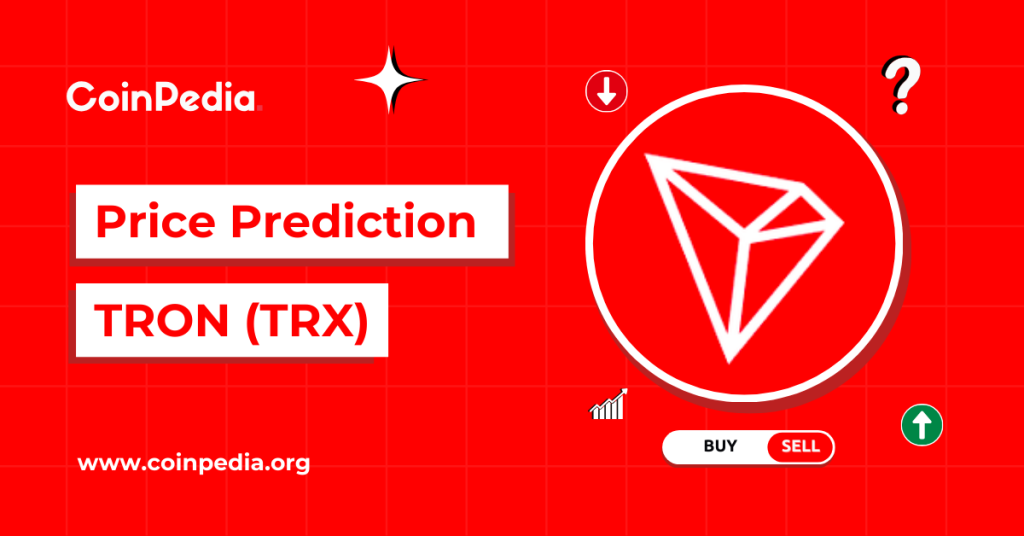Senate Committee Moves Selig Nomination Forward as Debate Over CFTC and Crypto Intensifies
TLDR:
- Senate committee advances Selig as CFTC and crypto debate accelerates across trading circles.
- Market demand for onchain derivatives increases pressure on CFTC rulemaking choices.
- Posts from Pedersen and Chervinsky frame the vote as a key policy inflection point.
- Retail access concerns sharpen industry focus on upcoming Senate floor action.
The Senate Agriculture Committee advanced Mike Selig’s nomination for CFTC Chair on a tight 12–11 vote. No Democrats supported the move, according to reporter Brendan Pedersen.
The nomination now heads to the Senate floor for a broader decision. The shift comes as the debate over CFTC and crypto gains new urgency across the market.
CFTC and Crypto Policy Moves Into Focus
The committee’s vote sparked immediate industry attention as traders watched how the next chair might approach rulemaking. According to posts from Pedersen, the close margin underscored the political divide around the agency’s direction.
Market participants tracked the development because CFTC and crypto policy remains unsettled. The nomination signaled a potential turning point for rule changes tied to onchain activity.
Commentary from Jake Chervinsky added context on why the agency matters for current demand. He noted that many widely used products fall under CFTC oversight due to their derivatives structure.
He also pointed out that most platforms geofence the United States because they cannot meet the Commodity Exchange Act. His remarks framed the agency as a central force in shaping how crypto derivatives reach users.
Chervinsky stressed that penalties for violations can be severe, which keeps many developers cautious. His analysis connected compliance gaps to the limited availability of certain services in the United States.
He said the CFTC could address these gaps through updated rules aligned with onchain systems. His comments suggested the chair’s stance could influence the next phase for CFTC and crypto policy.
He also referenced tension between innovation goals and TradFi influence. He described a regulatory environment where established institutions hold considerable sway.
His remarks presented the upcoming decision as a test for long-term market structure changes. Market watchers followed his thread as the Senate prepared its next step.
Derivatives Demand Sharpens Pressure on Lawmakers
Industry discussions highlighted strong retail interest in products tied to onchain platforms. Chervinsky said the agency’s mandate does not require blocking newer systems that address core risks with updated tech.
Moreover, his framing linked CFTC and crypto to broader market access debates. The narrative resonated across trading circles seeking clearer guidance.
His posts also pointed to taxpayers showing high demand for regulated market access.
Chervinsky argued that improved rules could support competition among platforms using onchain mechanisms. His view illustrated why the nomination attracted close industry attention during the committee vote. The Senate floor decision now carries weight for policy direction.
Pedersen’s update signaled that the process could take additional time as lawmakers weigh competing priorities.
His coverage marked the vote as the first major test in the confirmation path. Traders monitored reactions as stakeholders assessed Selig’s potential role in policy debates. The industry continued tracking each update due to its effect on CFTC and crypto alignment.
The post Senate Committee Moves Selig Nomination Forward as Debate Over CFTC and Crypto Intensifies appeared first on Blockonomi.
You May Also Like

U.S., U.K., and Australia Impose Sanctions on Russian Cybercrime Networks

Tron Price Prediction 2025, 2026 – 2030: Can Tron Reach $1 in 2025?
